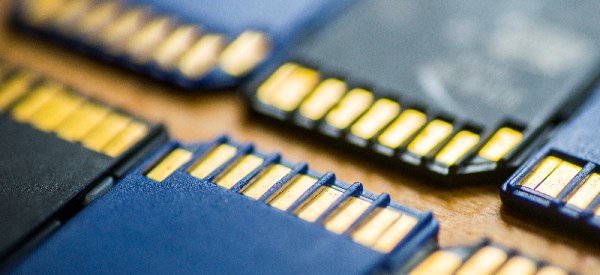An unfortunate property of science-fiction is that it is, tragically, fiction. Instead of soaring between the stars and countless galaxies out there, we find ourselves hitherto confined to this planet we call Earth. Only a handful of human beings have ever made it as far as the Earth’s solitary moon, and just two of our unmanned probes have made it out of the Earth’s solar system after many decades of travel. It’s enough to make one despair that we’ll never get anywhere near the fantastic future that was seemingly promised to us by science-fiction.
Yet perhaps not all hope is lost. Over the past decades, we have improved our chemical rockets, are experimenting with various types of nuclear rockets, and ion thrusters are a common feature on modern satellites as well as for missions within the solar system. And even if the hype around the EMDrive vanished as quickly as it had appeared, the Alcubierre faster-than-light drive is still a tantalizing possibility after many years of refinements.
Even as physics conspires against our desire for a life among the stars, what do our current chances look like? Let’s have a look at the propulsion methods which we have today, and what we can look forward to with varying degrees of certainty.
Continue reading “Space Propulsion: Separating Fact From Science Fiction”












